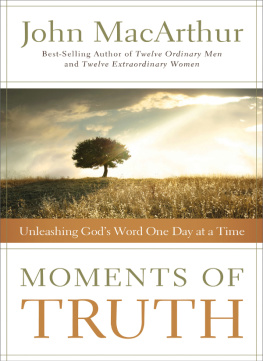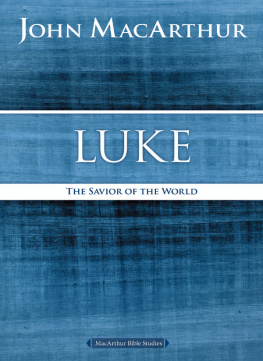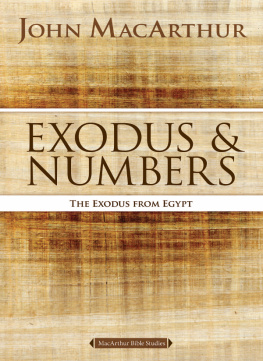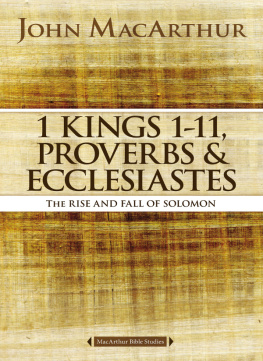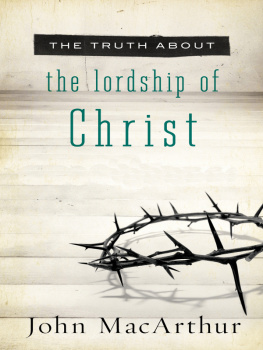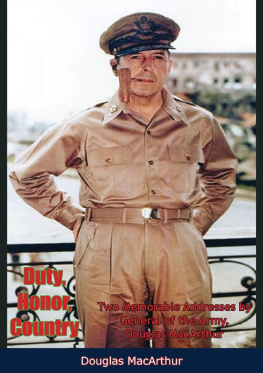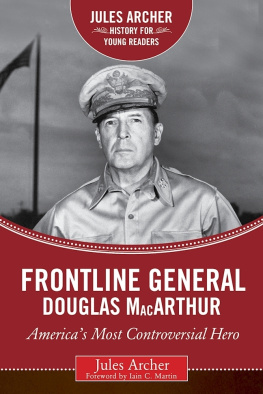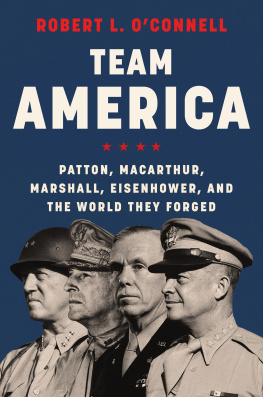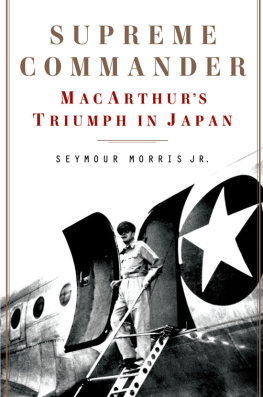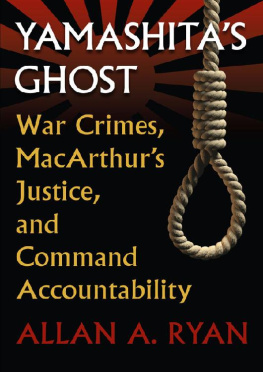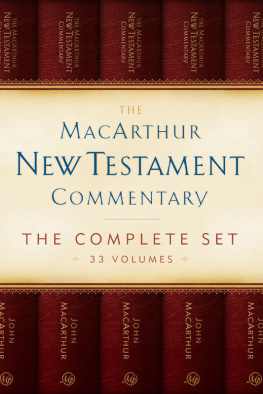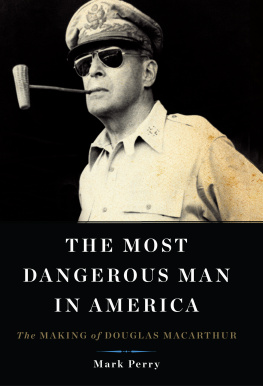REMINISCENCES
REMINISCENCES
GENERAL OF THE ARMY
Douglas MacArthur

BLUEJACKET BOOKS
Naval Institute Press
Annapolis, Maryland
This book has been brought to publication by the generous assistance of Marguerite and Gerry Lenfest.
Naval Institute Press
291 Wood Road
Annapolis, MD 21402
1964 by the General Douglas MacArthur Foundation
All rights reserved. No part of this book may be reproduced or utilized in any form or by any means, electronic or mechanical, including photocopying and recording, or by any information storage and retrieval system, without permission in writing from the publisher.
First Bluejacket Books printing, 2001
Library of Congress Cataloging-in-Publication Data
MacArthur, Douglas, 18801964.
Reminiscences / Douglas MacArthur.
p.cm.
Originally published: New York : McGraw-Hill, [1964]
Includes index.
ISBN 978-1-61251-173-3
1. MacArthur, Douglas, 18801964. 2. GeneralsUnited StatesBiography. 3.
United States. ArmyBiography. 4, United StatesHistory, Military20th century. I.
Title.
E745.M28 2001
355.0092dc21
[B] 00-051530
Preface
T hese reminiscences are neither history, biography nor a diary, although they comprise something of each of these categories. What is presented is far from a complete account even of all the incidents in which I had a part, but merely my recollections of events, refreshed by a reference to my own memoranda and a free use of staff studies and historical records made under my direction and supervision. It may assist the future historian when he seeks to account for the motives and reasons which influenced some of the actions in the great drama of war. It is also my hope that it will prove of some interest to the rising generation, who may learn therefrom that a country and government such as ours is worth fighting for, and dying for, if need be.
The greatest difficulty confronting me was that of recounting my share in the many vital events involved without giving my acts an unwarranted prominence.
In preparing this record, penned by my own hand, of my life and my participation in our great struggles for national existence, human liberty and political equality, I make no pretence to literary merit. The motive that induces me is not that of authorship. The import of the subject matter of my narrative is my only claim to attention. The statements of facts are a matter of documentary evidence. The comments are my own and show how I saw the matters treated of, whether others saw them in the same light or not.
Respectfully dedicating this work to the millions of armed men and devoted women who participated in the great wars of this country, I leave it as a heritage to my wife and son.
Douglas MacArthur
March, 1964
Contents

T he MacArthurs are of Scottish descent. A branch of the Clan Campbell, the traditions of the family are linked with the heroic lore of King Arthur and the Knights of the Round Table. Their antiquity is measured by the ancient Scottish adage: There is nothing older, except the hills, MacArtair and the devil.
Seven centuries ago the Campbells were divided into two warring factions, one group led by the Argyle, the other by the MacArtair. By virtue of fire and sword, MacArtair maintained its position as head of the clan until its defeat during the reign of James I in the fifteenth century. Subsequently, the remnants of the clan became located on the shores of Loch Awe, in the general vicinity of Glasgow.
The tartan of the clan is green, black, and gold:
Tis Green for the sheen o th pines
And Black for the gloom o th glen
Tis Gold for the gleam o th gorse
The MacArtair tartan, ye ken.
Its badge is wild myrtle; its motto Fide et Opera (with faith and by work); its battle cry Listen! O Listen.
O the bags they are piping on banks of Loch Awe,
And a voice on Cruachau calls the Lairds of Lochaw;
MacArtair, Most High, where the wild myrtles glisten,
Come, buckle your sword belt, and Listen! O Listen!
During my long national service, I have, like the clansman of Loch Awe, had to listen and listen, and listen.
My American forebear sought this land early in its days of struggle for the rights of man. My grandfather, Arthur MacArthur, was brought to these shores by his widowed mother in 1825 not long after the defeat of Napoleon at Waterloo.
In him, the vigor of the old clan and the hope of a new land were joined. Both of his parents, Arthur and Sarah, were named MacArthur and there has been an Arthur MacArthur in each succeeding generation.
They settled in Chicopee Falls, Massachusetts. Arthur attended Wesleyan, then studied law in New York, where he was admitted to the bar in 1840.
The times were unsettled. Indian wars were frequent and, as befitted a warrior clan, Arthur joined the militia forces of Massachusetts. He became a captain and later Judge Advocate of the Western Military District of the state.
In those days the frontiers of the country were being pushed ever westward by hardy pioneers in Conestoga wagons and canal boats. Law was needed in the expanding territories and so the thirty-five-year-old attorney, with his wife, the former Aurelia Belcher, and four-year-old son, Arthur, left their home in Massachusetts for a new life in the rich lands of the Great Lakes country. Shortly afterwards a second son, Frank, was born.
Arthurs legal experience and abilities earned him marked success and within two years he became city attorney for Milwaukee. In 1855, after a bitter campaign, William A. Barstow, of Waukesha, and Arthur MacArthur were elected governor and lieutenant governor, respectively, of Wisconsin. However, the newly organized Republicans charged Barstow with fraud and he immediately resigned, turning the governorship over to my grandfather. No question was raised about the honesty of his election and Arthur MacArthur was suddenly the governor of Wisconsin.
He was in office for five days when the Supreme Court of Wisconsin ruled that Coles Bashford, the Republican candidate, had been elected, but upheld the election of MacArthur and his tenure of office as governor. This is probably the record for the shortest term ever served by a governor of one of our states.
He returned to the practice of law and in 1857 was elected judge of the Second Judicial Circuit, the most important in the state. His course, says the record, was so upright, his decisions so just and courageous, and his bearing so blameless that after the expiration of his first six-year term he was re-elected unanimously.
In 1870 President Grant, the great strategist and victor of the Civil War, then in his first term of office, summoned my grandfather to the White House to appoint him associate justice of the Supreme Court of the District of Columbia.
Arthur MacArthur became one of the first of the criminologists and penologists whose efforts have so revolutionized our judicial processes. His inborn sense of justice and his deep understanding of human nature were the motivating forces in his verdicts. Yet, the records show that in cases where the evidence produced criminal intent and wanton disregard of law, his sentences were severe.
During his stay on the bench, my grandfather lent himself to many benevolent and educational causes. He served as president of the Washington Humane Society, as president and chancellor of the Board of Regents of the National University, and as president of the Associated Charities of the District of Columbia. In an age of conservatism, his efforts to alleviate poverty and privation marked the liberal ideals now common to mankind.
Next page


